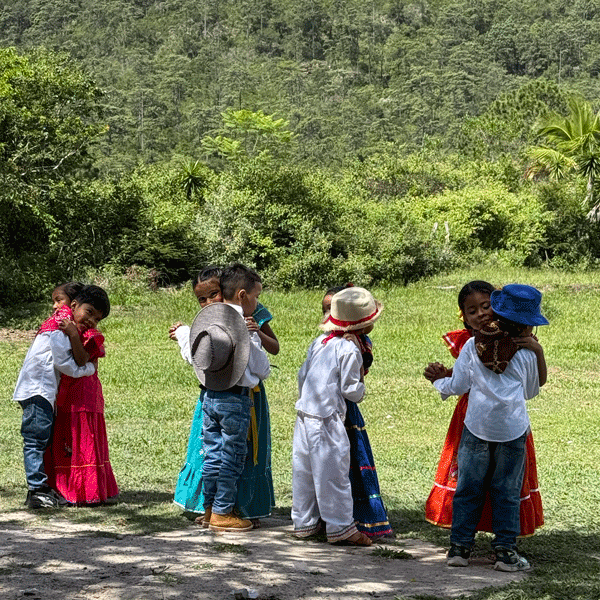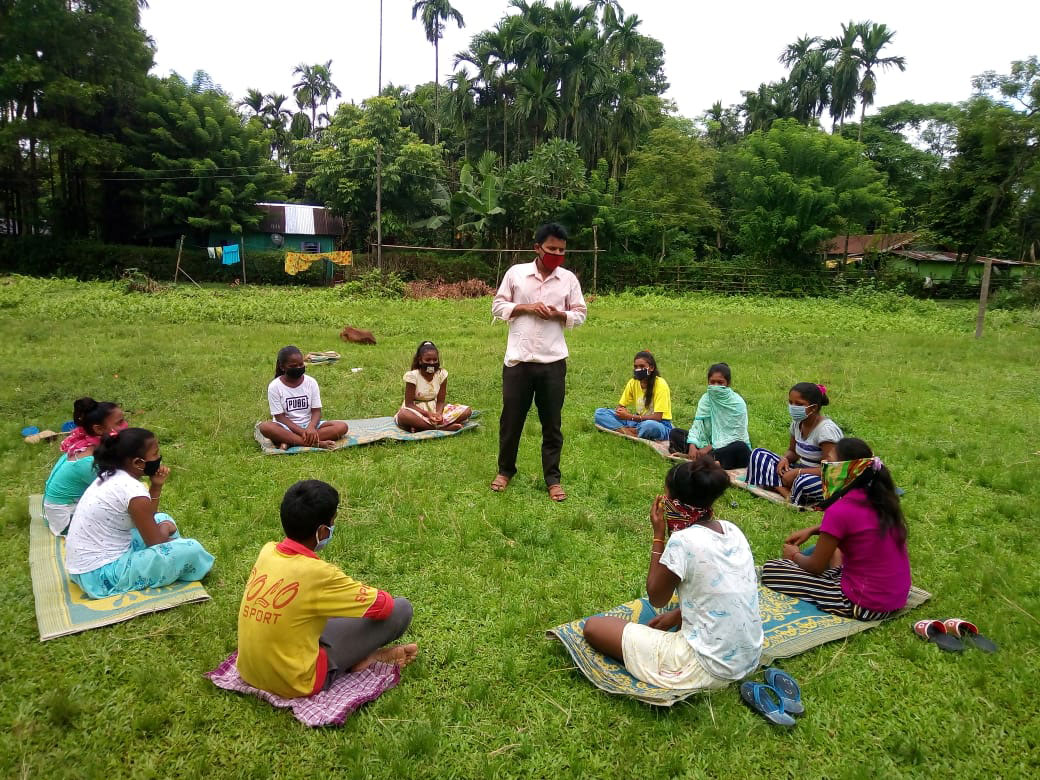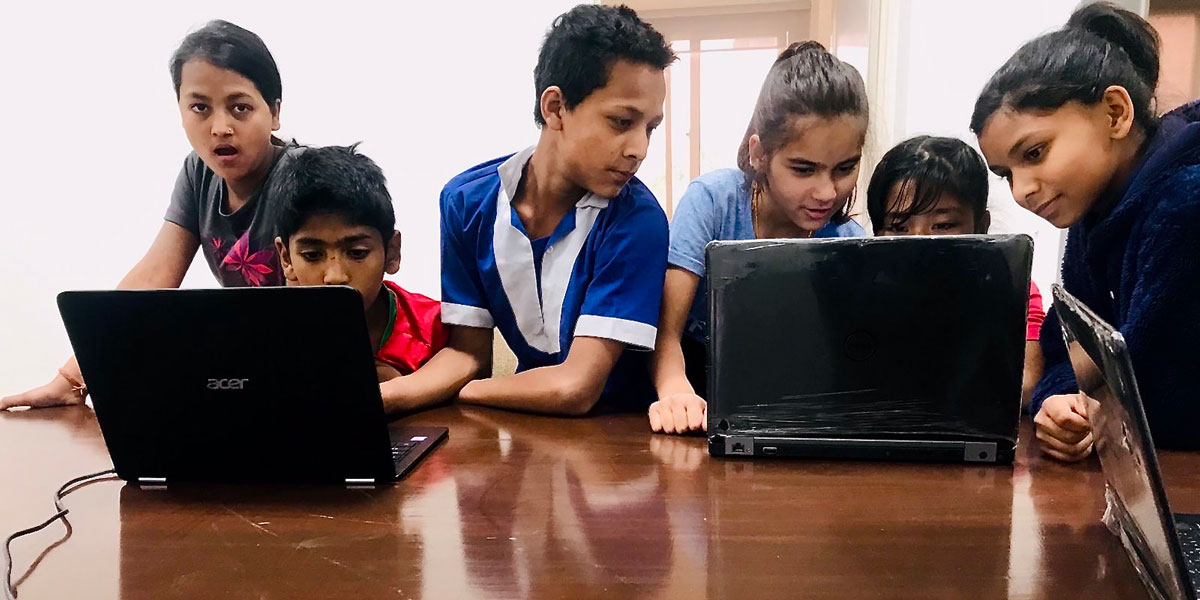
Education
Education, Safety and wellbeing
Globally, the pandemic has shut down schools, childcare facilities, and social hubs. In Asia, COVID-19 has increased the vulnerability of children and young people to domestic violence, physical and online exploitation, trafficking, and forced marriage, and endangered their mental wellbeing. GFC’s partners remain critical sources of support in their communities and an essential resource for local government agencies as they seek to provide broader support during the pandemic.
Widespread job losses have left millions of people in Asia living below the poverty line with no means to support themselves. As a result, some families have resorted to “marrying off” their children because they are struggling to support them and, in some cases, because they have been promised a dowry.

Child traffickers, men seeking young wives, and even other family members are telling parents, “If you marry your daughters, your family burden will decrease,” said Pratyayan Biswas, a Child Protection Officer at Suprava Panchashila Mahila Uddyog Samity (SPMUS). This GFC partner organization in West Bengal, India, supports trafficking survivors and works to prevent domestic violence and early marriage.
COVID restrictions have hindered the ability of government agencies and nongovernmental organizations to recognize, trace, and respond to instances of child marriage, abuse, and trafficking. SPMUS has encouraged community members to report any new cases or trends they encounter and to help identify additional ways to provide support.
“We share our personal numbers to each and every member of the community,” Pratyayan said. “We can reach where the police cannot.”
Many children in Asia have had to learn remotely for over a year. While some have had access to online classes and other resources, children living in rural and low-income areas and other situations in which they don’t have reliable access to technology have fallen behind.
Two of GFC’s partners, Thai Child Development Foundation in Thailand and GRACE Association in Pakistan, are working to lessen these disparities. They are providing education to children with disabilities and ensuring access to education for girls by engaging their families and creating safe environments for them to access schooling. In an effort to foster child safeguarding during online learning, GRACE Association is also offering training in online education and safe tutoring to teachers.
In Nepal, Partnership for Sustainable Development (PSD) has been working to ensure access to education for orphans by providing orphanages with laptops for virtual schooling.
“This is the first time I am seeing [a] laptop this close and taking online classes…. [it] is very fun and engaging,” one child told PSD.

SPMUS is also dedicated to facilitating the education of young people. In India, the organization is working closely with ASHA for Education to provide educational support.
The COVID-19 pandemic has severely restricted opportunities for socializing, with schools and other public spaces shutting down. This is negatively impacting the mental wellbeing of children in Asia.
One of GFC’s partners in Nepal, the Center for Awareness Promotion, has prioritized the mental wellbeing of the girls in its residential facilities. The organization – which provides counseling, shelter, and education to girls and young women who have worked in the adult entertainment industry – has started offering art programs and meditation sessions. It has also updated the technology in its facilities to reduce the stress of remote learning.
SPMUS is also committed to supporting mental wellbeing. The organization is training local mental health specialists to work with the young people it serves, and it has partnered with GFC alumni partner Kolkata Sanved to implement a Dance Movement Therapy initiative that promotes mental wellness through dance.
“More community-based mental health initiatives are needed,” Pratyayan said.
GFC and its partners recognize the need to support the physical, intellectual, and emotional wellbeing of young people. They are working toward a future in which children across the world have access to the support they need.
Header photo: A table displaying reusable masks. © Faith Foundation
